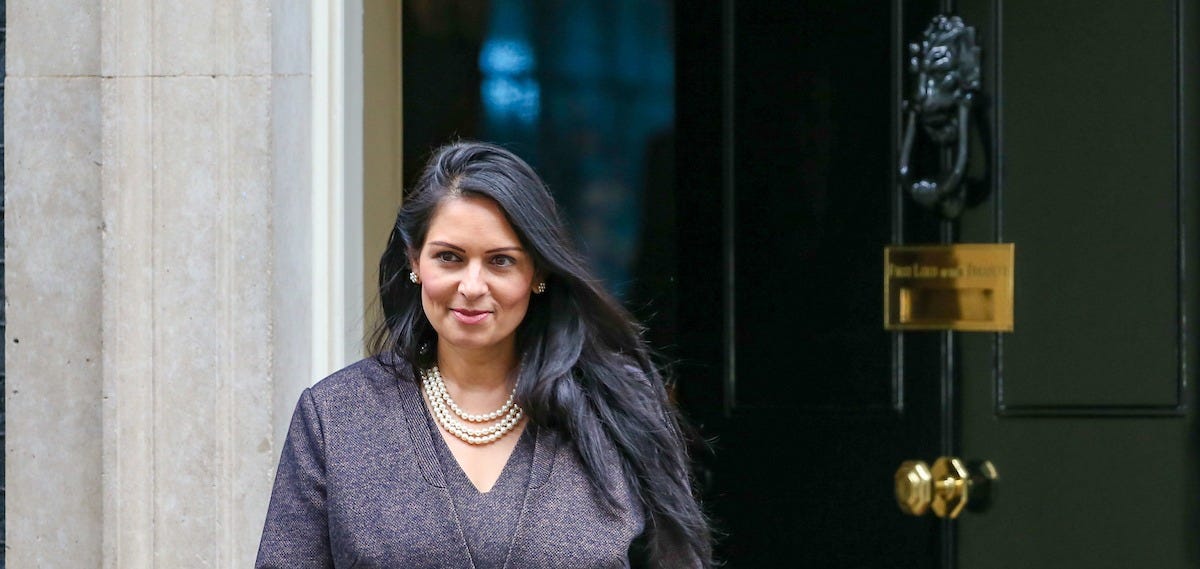When Scandal Isn’t a Dealbreaker: Patel’s Path Back to Power
Patel’s comeback raises stark questions: What values are sacrificed when scandal-plagued politicians return to power? Britain’s democracy risks decay with every compromise.
The reappointment of Dame Priti Patel as the new Shadow Foreign Secretary under Kemi Badenoch raises an urgent question for British politics: what happens when integrity is traded for loyalty? The Conservative Party’s decision to reintroduce Patel, a politician with a record marred by controversies, suggests an alarming tolerance for unethical conduct. This move not only contradicts the British ministerial code but also threatens to erode British values, ideals, and the public’s faith in government.
Priti Patel’s political record reads like a dossier of ethical lapses. From her infamous 2017 “holiday” in Israel, where she conducted undisclosed meetings with Israeli officials, to her contentious policies on immigration and refugees, Patel has frequently found herself on the wrong side of public scrutiny and ministerial ethics. Alan Duncan, a former colleague and fellow Conservative, described Patel as “compromised, deceitful, morally corrupt.” Duncan’s assessment came in the wake of her 2017 scandal, where Patel was caught engaging in secret meetings with Israeli officials, including then-Prime Minister Benjamin Netanyahu. Despite being a minister in Theresa May’s government, Patel had allegedly failed to disclose these meetings to the Foreign and Commonwealth Office (FCO), raising questions about the influence of pro-Israel lobbying groups on British foreign policy.
The ministerial code, Britain’s formal set of guidelines for ministerial conduct, demands transparency, accountability, and impartiality in public office. Specifically, it calls for ministers to uphold “the highest standards of propriety” and requires them to be “accountable to Parliament” for their actions. Patel’s conduct, however, clashed with these expectations. Her undisclosed meetings, organised with the assistance of Conservative Friends of Israel lobbyist Stuart Polak, were not just a breach of protocol but a serious compromise of her ministerial impartiality. In the fallout, she was forced to resign, a rare instance of accountability for a breach of conduct. Yet her reappearance in the political spotlight is a troubling sign that the Conservative Party’s loyalty to certain figures might outweigh its commitment to ethical standards.

Patel’s time as Home Secretary was no less turbulent. Under her direction, the Home Office introduced the Rwanda immigration scheme, a policy criticised as cruel and incompatible with Britain’s obligations to international refugee protections.



